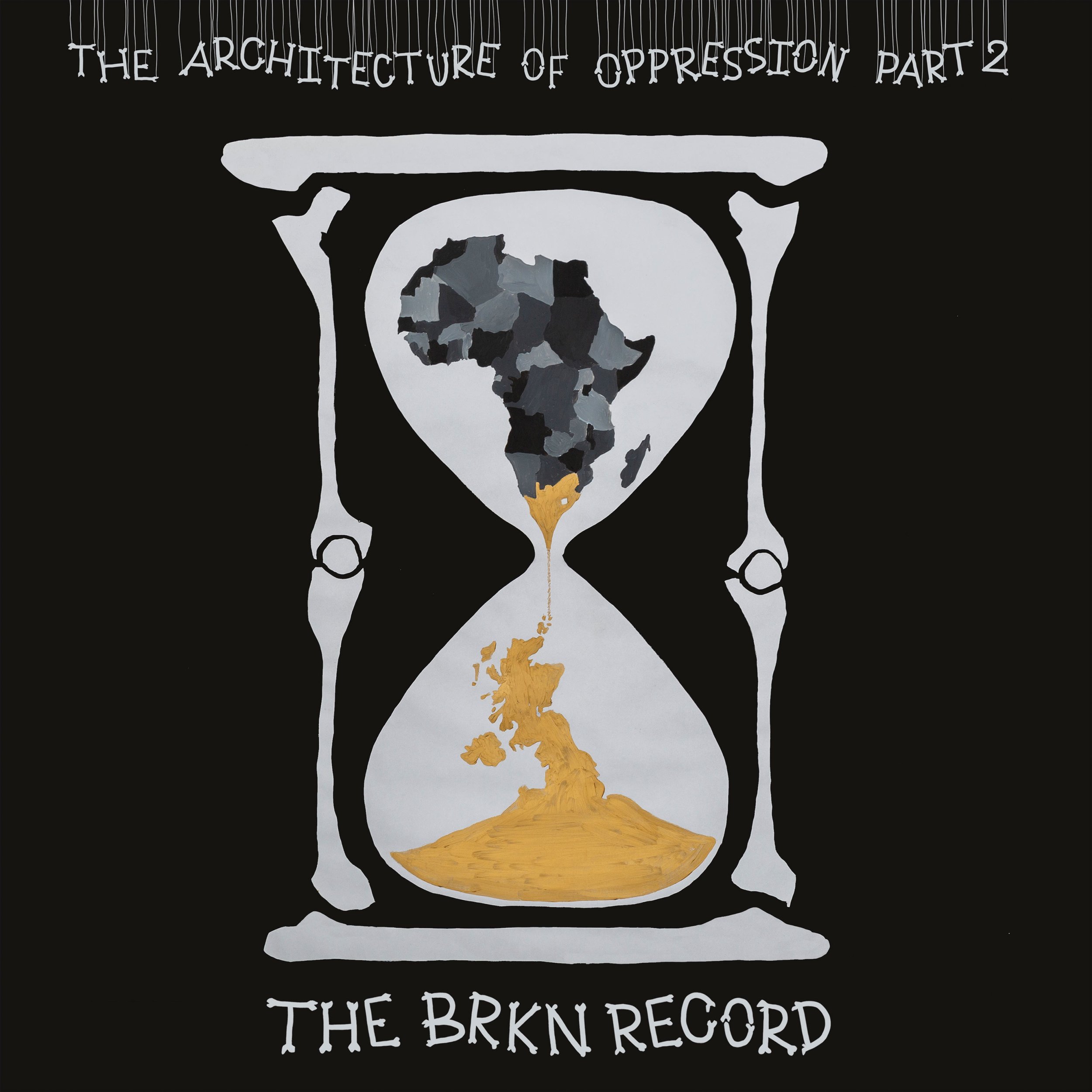Palestinian Poetry Reveals the Truth Institutions Silence w/ HUDA FAKHREDDINE & ANTHONY ALESSANDRINI
/A Conversation with HUDA FAKHREDDINE & ANTHONY ALESSANDRINI about the unique manners in which literature can disclose the human significance of the historical and ongoing genocide in Palestine. Such revelation has to fight at least two things—the sheer brutality and inhumanity of this violence, and the active silencing of Palestinian voices by institutions that, ironically, profess to champion the humanities. Here, once again, we find a pernicious instantiation of the Palestine Exception. Despite these efforts to censor and silence, Huda and Tony delve deeply into the power of Palestinian poetry through translations and readings of some of the most remarkable literature in the world.

















